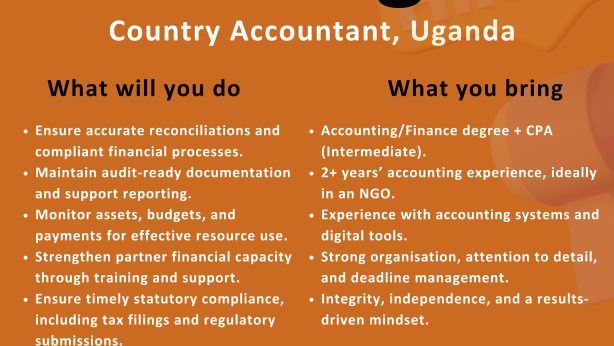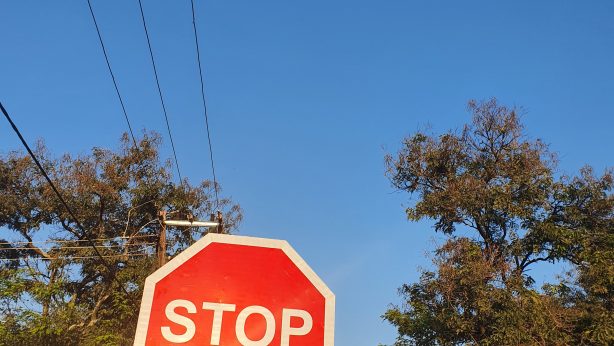Listening, acting, changing: what 2024 taught us about citizen power
At Twaweza, we’ve always believed that real change doesn’t begin in boardrooms; it starts where life happens. In noisy markets. In village meetings under mango trees. In the quiet courage of citizens who ask: “Can we do better?”
Our 2024 annual report is not just a record of what we did. It’s a reflection of who we are and the people who keep us grounded. From Tanzania to Uganda to Kenya, we’ve seen the power of everyday voices shaping big decisions. And we’ve seen how change unfolds when we truly listen.
Here’s what stood out.
The people’s vision
In 2024, Tanzania started mapping out its future through Vision 2050. Instead of relying only on technical experts, the government asked: What do citizens want? That’s where we came in.
Together with the President’s Office Planning Commission, we reached over 7,500 people across the country, a scale we hadn’t attempted before. Their priorities were clear: a stronger economy, better health services, affordable education, and leaders who act with integrity.
We didn’t stop at gathering opinions. We worked to make Vision 2050 accessible by translating it into plain Kiswahili, enabling citizens to connect with it more easily because a country’s future should never be written without its people.
When citizens are ignored
In Kenya, the government replaced the National Health Insurance Fund (NHIF) with the Social Health Insurance Fund (SHIF). Our Sauti za Wananchi data showed that most people didn’t want the system replaced; they wanted it fixed. They called for transparency, better governance, and simpler processes. But their voices were sidelined.
So we pushed back. We presented the evidence to the Ministry of Health, Parliament, the airwaves, and Twitter Spaces. We listened to Kenyans and made sure others did too. The SHIF still went ahead, but the consequences, including funding gaps, delays, and confusion, proved what happens when citizen voices are dismissed.
And we’re not done. We’ll keep showing up, because health reform should start with the people who use the system every day.
From a small protest to a national win
In Kiambu County, land rates were suddenly raised. People panicked. The changes felt unfair and unattainable. But something powerful happened, they organised.
With our support and alongside our partner, Bunge Mashinani, residents began to ask questions, speak out, and take action. The result? A county-wide reversal of unfair rates, and a ripple effect that helped shape a new national law on land valuation.
One county. One issue. Thousands of lives changed.
Women traders are raising their voices.
At Karume Market in Dar es Salaam, women didn’t just want better business conditions. They wanted dignity. During a live-streamed discussion we co-hosted with The Chanzo and Equality for Growth, women spoke openly about the everyday struggles they face, from a lack of maternity support to high market fees, and limited access to leadership.
They didn’t just talk, they proposed solutions. They called for reforms that reflect their realities, not just policies written from behind desks. Their stories were raw, determined, and full of hope. They reminded us that women are not waiting to be saved. They’re leading change.
Civil society in motion
At Civil Society Week in Arusha, we did something different. We opened the week with a conversation, not a speech. A real conversation. About collaboration. About accountability. About how civil society and government can work together without losing their voices or their values.
Young people debated fiercely. Poets performed. Leaders listened. It wasn’t perfect, but it was alive. And that’s the kind of civil society we believe in: curious, engaged, and ready to shape the future.
Ten years of listening
This year, our Sauti za Wananchi initiative marked its 10th anniversary. That’s a decade of asking East Africans what they think, what they fear, and what they hope for. Over the past ten years, we’ve heard from tens of thousands of citizens, ranging from city dwellers in Nairobi to farmers in Uganda.
The data tells us that despite our differences, we share common concerns: the rising cost of living, the need for better services, and the hunger for leaders we can trust. The message is simple: people want to be part of the solution.
Where do we go from here?
2024 wasn’t easy. Reform is slow. Resistance is real. And sometimes it feels like we’re moving against the tide. But when we look back, we see movement in communities, in policy rooms, in the voices that once felt ignored and now refuse to be silent.
That’s what keeps us going.
As we step into 2025, our commitment is to stay close to the people. To keep listening. To amplify what matters. And to never forget that change is not just about what we do, it’s about who we do it with.
We’re proud of what we’ve learned. We are grateful to everyone who walks with us. And more determined than ever to keep imagining a future where governance works for everyone.


